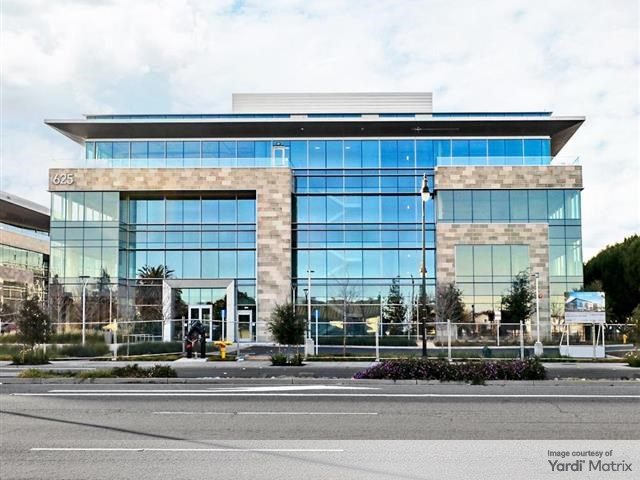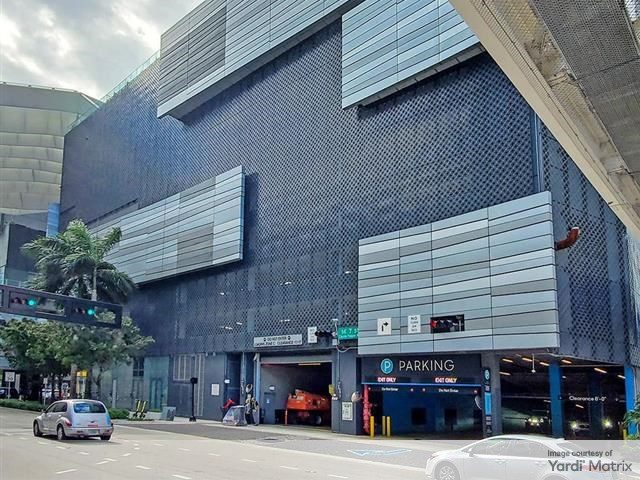Net Lease Drugstore Transaction Volume Surges
While many other businesses were shut, CVS, Rite Aid and Walgreens remained open and continued to pay rent, notes Randy Blankstein of The Boulder Group.

Randy Blankstein
Cap rates for the single-tenant drugstore sector increased by 17 basis points in the third quarter of 2020 to 6.39 percent when compared to last year. Rite Aid and Walgreens properties experienced cap rate increases of 19 and 15 basis points respectively. Single-tenant CVS properties, however, experienced a 10-basis-point decrease. Throughout 2020, net lease investors focused on essential retailers and accordingly the drugstore sector experienced a significant increase in transaction volume.
Transaction volume for single-tenant drugstores increased by more than 30 percent in 2020 when compared to the prior year. The main factor for the increase in cap rates for the drugstore sector was a shorter average remaining lease term, which dropped to 10 years in the third quarter.
As COVID-19 continues to impact the greater real estate sector, net lease investors increased their interest level in single-tenant drugstores. Throughout the pandemic, the three main drugstore tenants, CVS, Rite Aid and Walgreens did not ask for any rent relief or concessions. These tenants remained open due to their essential status and continued to pay rent on time. Despite the increased demand for single-tenant drugstores, this sector provided a degree of value for its investors. In the third quarter of 2020, the net lease drugstore sector was priced at a 33-basis-point discount to the overall net lease retail sector. This was primarily attributed to the aging supply of drugstore properties with a shorter lease term.
The significant demand for drugstore assets combined with the increased number of transactions has depleted the sector of quality assets. When compared to 2019, the overall supply of single-tenant drugstore properties decreased by approximately 10 percent. Furthermore, the supply of long-term leased properties has decreased as well. In 2019, leases with more than 15 years remaining on their primary term made up approximately 25 percent of the market. In 2020, this segment has decreased to approximately 15 percent of the market.
Transaction velocity for the remainder of 2020 should continue to favor essential retailers, with drugstores being a beneficiary of the increased demand. Private and 1031 exchange investors will continue to be the primary acquirers of single-tenant drugstores as they seek the stable cash flows this asset class offers. With the current uncertainty throughout net lease sector, the majority of investors are focused on net lease drugstores with longer-term leases and primary market locations.
Randy Blankstein is president of net lease advisory firm The Boulder Group.






You must be logged in to post a comment.